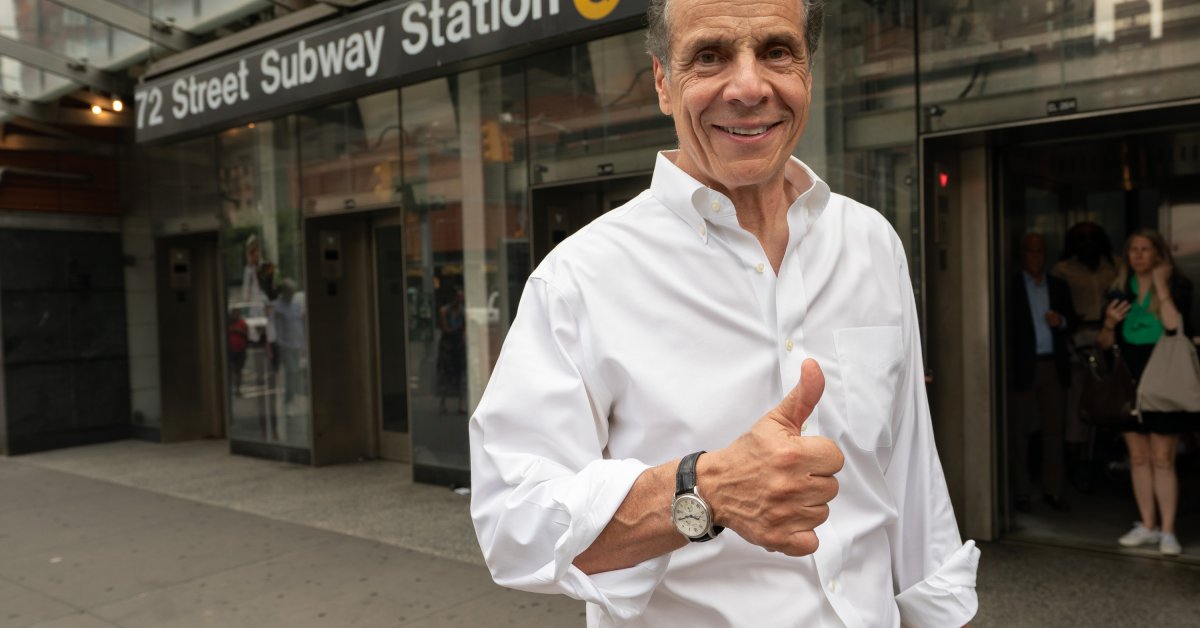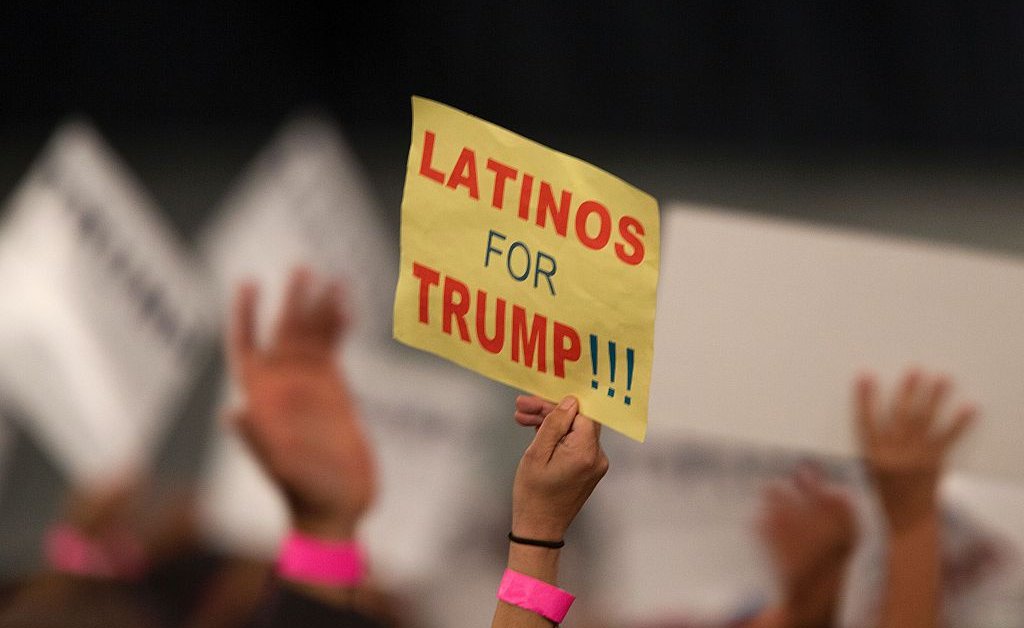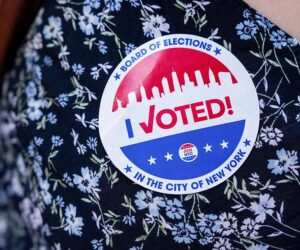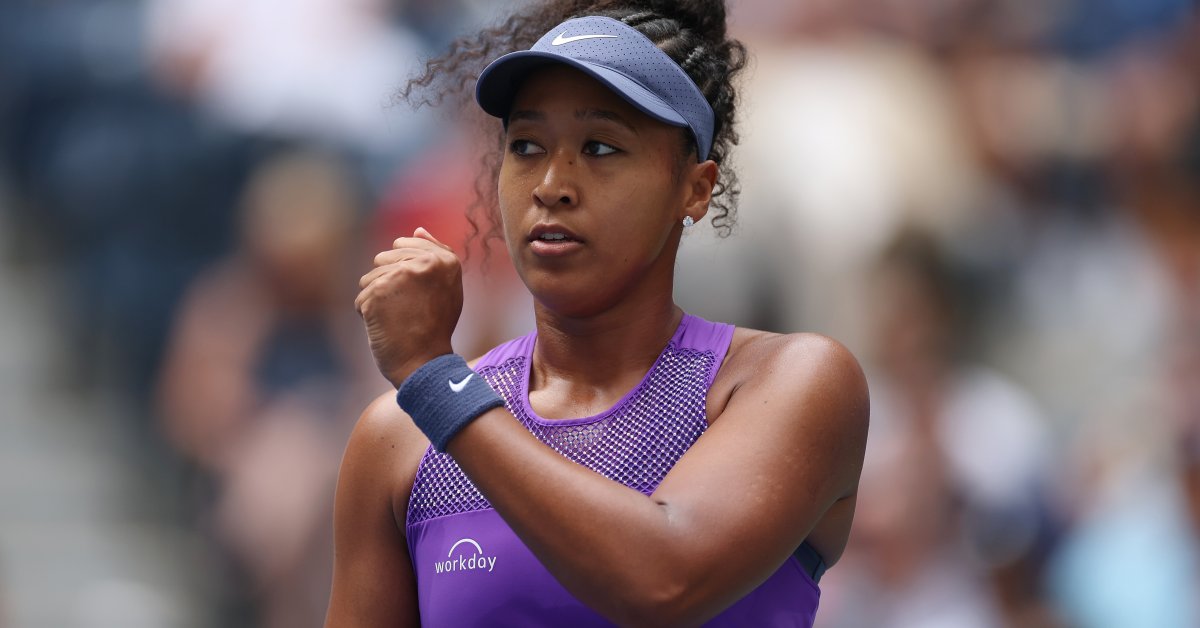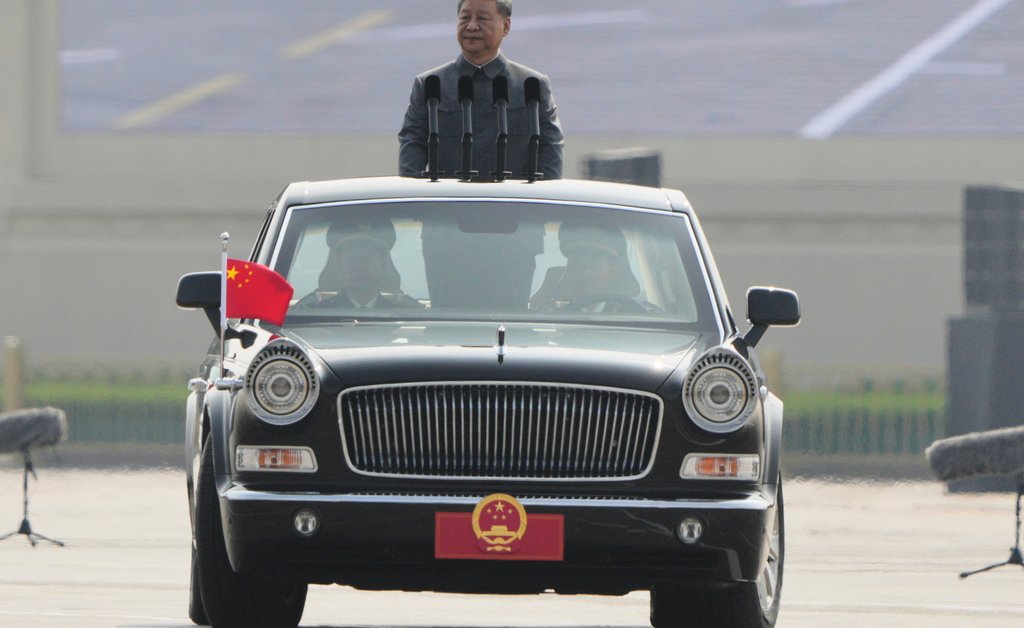Former New York Gov. Andrew Cuomo’s decision to re-enter the race for New York City Mayor after his decisive defeat in the Democratic primary in June has prompted plenty of discussion.
Cuomo, who conceded the race to progressive newcomer Zohran Mamdani of the Democratic Party, announced his return via a video statement on July 14, during which he shared he will now run as an Independent.
“I am in it to win it,” Cuomo said. “Only 13% of New Yorkers voted in the June primary. The general election is in November, and I am in it to win it. My opponent, Mr. Mamdani, offers slick slogans, but no real solutions.”
Mamdani responded to Cuomo’s video by commenting directly underneath it with a link to donate money to his own campaign. As of Saturday morning, Mamdani’s X response has over 180,000 likes, while Cuomo’s original post has just 5.5k.
Experts have queried if Cuomo has learned from the mistakes of his Democratic primary campaign and whether he can overcome the roadblocks facing him in order to stand a solid chance in the November election.
If Cuomo is to have a fighting chance, Boris Heersink, a political science professor at Fordham University, says he’ll have to find a new narrative for his campaign, decide the key issues upon which he wants to build his platform, and somehow fight back against the campaigns of Mamdani, Republican Curtis Sliwa, and current Mayor Eric Adams, who is also running as an Independent. It’s a delicate balancing act.

“It’s actually going to be a pretty tough thing for him to figure out how to present an aggressive Cuomo, that’s also a gentler Cuomo, and a more policy-focused Cuomo, all in one package,” says Heersink.
Furthermore, some of the high-profile billionaires who previously showed support to Cuomo have since decided to back current Mayor Adams in the general election, including hedge-fund manager Bill Ackman. Now, Cuomo will need to garner new support.
Here is what experts say Cuomo’s major roadblocks will be as he attempts to run a successful mayoral campaign.
Campaigning amid the backdrop of previous sexual harassment allegations
Cuomo re-entering this race comes four years after he resigned as Governor of New York after a report from the state Attorney General accused Cuomo of sexually harassing at least 11 women, most of whom had worked for him. The allegations ranged from groping and kissing to remarks about the women’s appearances and sex lives.
Cuomo denied the allegations. He then went on to acknowledge that he “acted in a way that made people feel uncomfortable.” He said it was “unintentional” and that he “truly and deeply apologised” over it. “I feel awful about it and, frankly, I am embarrassed by it,” he said in a video statement, before doubling down on his statement that he “never touched anyone inappropriately.”
On Friday, July 19, the state of New York agreed to pay $450,000 to settle a lawsuit from Brittany Commisso, an ex-aide of Cuomo’s who alleged he had sexually harassed and groped her while he was in office.
In a statement, Commisso’s lawyers referred to the settlement as “a complete vindication of her claims” and said that Commisso is “glad to be able to move forward with her life.” In response, lawyers for Cuomo said: “The settlement is not a vindication, it is capitulation to avoid the truth,” and once again referred to the allegations as “false.”
Heersink says that Cuomo has not addressed the allegations in his newly-relaunched mayoral campaign.
“It’s clearly not going to go away. If he’s actually going to be actively out there campaigning, it’s actually going to come up quite a lot in setups that he can’t control,” Heersink says. “It’s a reason for a lot of people to never vote for Cuomo, [and] there’s a decent number of people that I think are at least uncomfortable with it.”
Cuomo has also come under fire over his handling of the COVID-19 pandemic during his time as New York Governor and the testimony he gave in regards to the high number of deaths reported in nursing homes during that time.
Cuomo can’t have tunnel vision. He must not only defeat Mamdani, but Adams and Sliwa too
If Cuomo, Adams, and Sliwa split the non-Mamdani vote, Mamdani will “certainly” win, Heersink says, arguing that Cuomo needs to convince all those who say they are supporting Adams or Sliwa “to transfer their support to him, so that he can prevent Mamdani from winning the election.”
In order to do that, Heersink says Cuomo will need to posit Mamdani as a “real threat,” but this could admittedly descend into a “negative” campaign, something he may be keen to avoid.
In an interview with the New York Magazine, published earlier this week, Cuomo appeared to be on board, at least partly, with a renewed approach, admitting that this time around he needs to be “aggressive across the board.”
For Laura Tamman, a professor of political science at Pace University, the issue is that Mamdani has often done better with someone to villainize against. So Cuomo’s efforts on that front could end up backfiring.
“Cuomo is a good person for Mamdani to excite people against,” she says. “It’s helpful for fundraising. It’s helpful for galvanizing volunteers.”
(Cuomo’s Super Pac battled hard against Mamdani in the primary, yet he didn’t defeat him.)

Tamman echoes Heersink’s argument that Cuomo will need to consolidate all of the non-Democrat voters, as well as a “healthy number” of people who are registered as Democrats, in order to claim victory in November.
It’s because of this that Brian Arbour, associate professor of political science at the John Jay College of Criminal Justice, argues that partisanship will be Cuomo’s enemy.
“It’s a partisan election, and you somehow have to get Democrats not to vote for the Democrat,” he says.
Cuomo can’t undervalue the importance of likeability
Cuomo does not have the “winner vibe” around him right now, experts tell TIME, so he will need to find a “positive reason” for people to rally behind him, rather than just a “negative reason” to not vote for the other candidates.
Cuomo, in his latest campaign video and interviews, is seemingly trying to come across as more approachable, experts argue, with Heersink saying it perhaps shows that he has “learned something” from the Democratic primary upset.
“The approach that he [Cuomo] took in the Democratic primary was, essentially, ‘I’m gonna win this thing so I don’t actually have to talk to you,’” says Heersink. “In the primary, he barely campaigned—he was a candidate, but most of the actual campaigning on his behalf was being done by his Super PAC.”
Cuomo could be seen shaking the hands of New Yorkers on the street, visiting subway stations, and engaging in more community-driven activities as he announced his re-entry to the race.
But Camille Rivera, a political campaign strategist at New Deals Strategies, remains unconvinced this approach will resonate with voters after the primary.
She argues that “not being available for people or press doesn’t work in New York City” and that it could feel “disingenuous” and “offensive to voters” to start now.

Finding an issue to galvanize voters around
Mamdani’s success, in part, stems from his centering of the issue of affordability, and the popularity of his calls to “freeze the rent,” make buses free, and provide free childcare in the city. Heersink says that Cuomo will need to find an equally compelling issue of his own to galvanize voters around.
“I think if you were to ask people what are the policies that Cuomo ran on in the Democratic primary, they would have a tough time summarizing that,” he says. “To be fair, I think that’s a criticism you can make of lots of candidates in the Democratic primary.”
Yet, Mamdani differentiated himself in this sense, making sure that his policies stood out.
When discussing his re-entry to the race, Cuomo told New York Magazine that combatting crime will be a core focus of his platform.
“We either stop the crime, stop the exodus, or we pivot now and start to bring the city back,” he said. “But I believe it’s A or B. You continue the decline and we have real trouble. Or we take a different path to start to make some changes. And I think Mamdani takes us in exactly the wrong direction.”
Yet, with Adams in the race, Arbour says that it will be harder for Cuomo to “differentiate himself on this issue,” as it’s a core principle of Adams’ platform, too.
“It’s certainly the issue that Adams wants to talk about [also], and it fits with his background,” Arbour says, highlighting Adams’ focus on combatting crime since his election in 2021.

